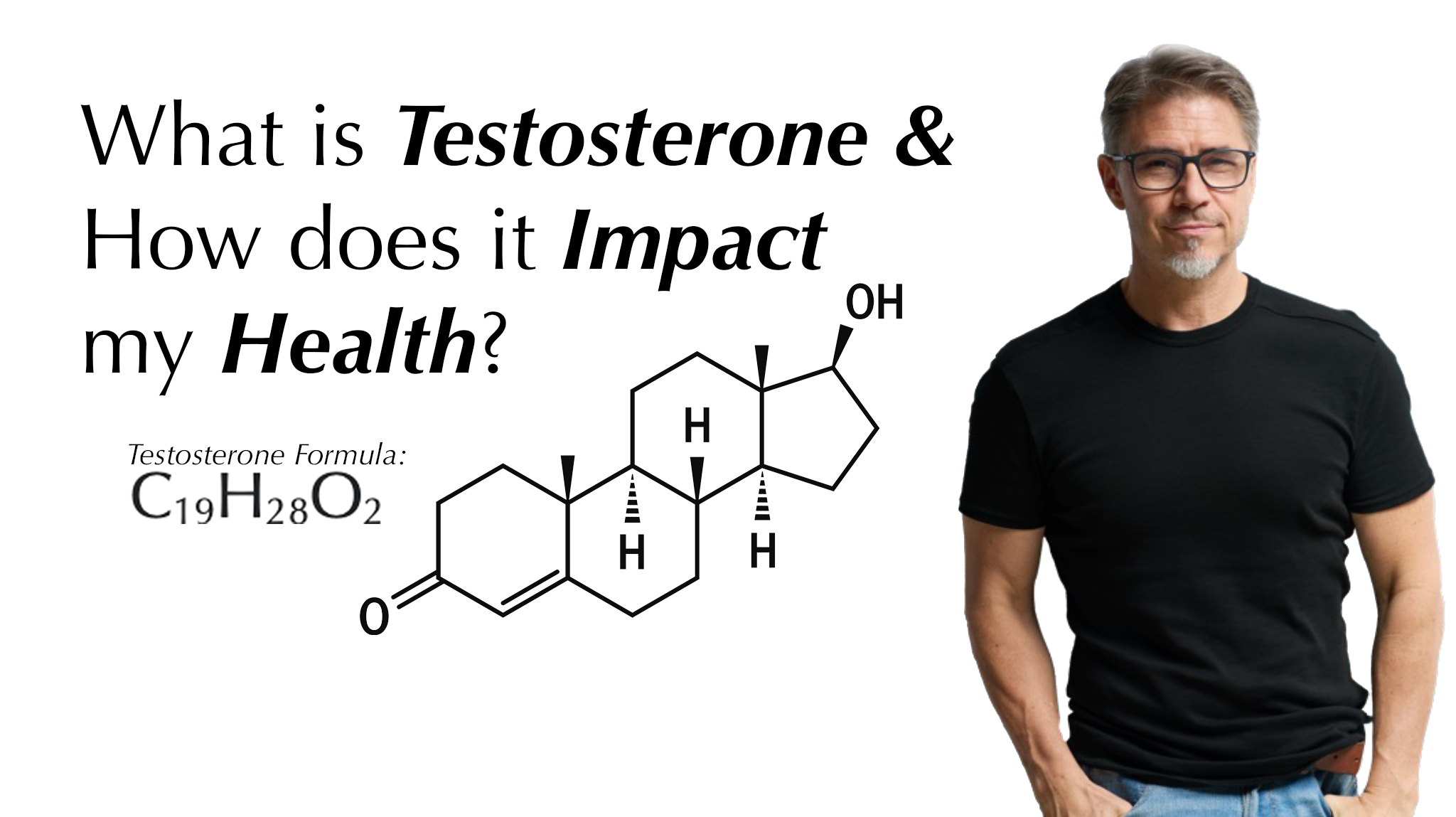- Paul Poteat
- 0 Comments
” Beyond its physiological effects, testosterone exerts profound influences on cognitive function and mental well-being”

Testosterone, often dubbed as the “male hormone,” is a vital component of both men’s and women’s physiology, influencing numerous physiological and psychological functions. Produced primarily in the ovaries in women and the testicles in men, testosterone acts as a potent hormone that regulates various bodily processes. Its receptors are distributed throughout the body, impacting every organ system in both sexes.
The term “hormone” originates from Greek, meaning “to set in motion,” aptly describing the role of testosterone in stimulating physiological responses. One of its fundamental functions is the promotion of lean muscle mass, contributing to physical strength, coordination, and overall athletic performance. Additionally, testosterone fosters confidence, motivation, and resilience, enhancing individuals’ overall well-being. As an anabolic hormone, it facilitates tissue repair and regeneration, accelerating healing from injuries and maintaining skin integrity by reducing the appearance of fine lines and wrinkles.
The deficiency of testosterone can manifest in various symptoms that may mimic those of certain diseases, such as dry eyes and mouth associated with conditions like Sjögren’s Syndrome in women. This underscores the importance of maintaining optimal testosterone levels for overall health and well-being. Moreover, testosterone plays a crucial role in regulating blood sugar levels, facilitating glucose utilization primarily in skeletal muscle, and promoting metabolic health.
Oral Testosterone
Beyond its physiological effects, testosterone exerts profound influences on cognitive function and mental well-being. Studies have shown that adequate testosterone levels are associated with improved spatial cognition, focus, verbal learning, and memory retention. Furthermore, testosterone has neuroprotective properties, reducing the risk of cognitive decline and enhancing mood stability by mitigating symptoms of depression, anxiety, and apathy. Additionally, it plays a pivotal role in regulating sleep patterns, promoting restorative sleep and enhancing overall quality of life.
While healthcare practitioners recognize the clinical benefits of testosterone replacement therapy (TRT) in preventing and managing age-related degenerative conditions, the general public is more attuned to the primary advantages associated with maintaining optimal testosterone levels, benefits they can feel. These include strengthened cardiac muscle, reduced inflammation and pain perception, improved libido and sexual function, better energy levels, plus the reduction of visceral fat mass and waist circumference, contributing to overall metabolic health and vitality.
function and mental well-being,testosterone plays a pivotal role in maintaining overall health and vitality. Its diverse effects extend beyond the traditional realms of masculinity, impacting individuals of both genders in profound ways. By recognizing and addressing testosterone imbalances through appropriate interventions such as hormone replacement therapy and lifestyle modifications, individuals can optimize their health and unlock their full potential for a vibrant and fulfilling life.
Join Our Newsletter
Subscribe to receive our latest updates in your inbox!
© 2025 All Rights Reserved.



